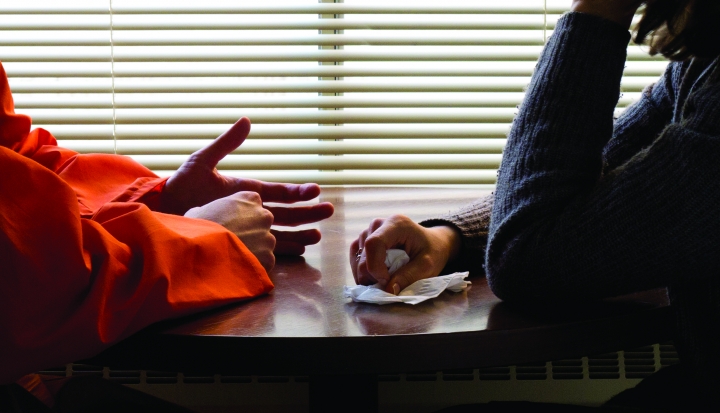Is restorative justice starting to get the attention it deserves, as our national commitment to the death penalty is oh-so-slowly but steadily fading? (Watch for U.S. Catholic’s cover story on the death penalty coming up in the July issue.)
The social action directors in Catholic dioceses across the country are certainly doing their part. The Roundtable Association of Catholic Diocesan Social Action Directors is organizing the 28th annual Social Action Summer Institute in St. Louis, July 20-24, focusing on restorative justice.
The plan is for participants from dioceses across the U.S. as well as parishes in the St. Louis and Kansas City metro regions to visit seven local agencies and prisons during “Immersion Monday” to see restorative justice in action. Other groups partnering with the Roundtable on the summer conference include the U.S. Bishops Offices of Catholic Campaign for Human Development and Justice, Peace & Human Development, Catholic Charities USA, Catholic Relief Services, and JustFaith Ministries.
The Roundtable, now in the middle of a three-year focus on restorative justice, also offered a symposium preceding the Catholic Social Ministry Gathering back in February on for-profit prisons and the Catholic response.
Scott Alessi’s 2013 U.S. Catholic cover story on restorative justice, Truth and consequences, quoted several Catholics engaged in restorative justice programs. One of them, Jesuit Father Michael Kennedy of the California-based Jesuit Restorative Justice Initiative, pointed out that, in the end, money may be the programs’ strongest selling point. Alessi reports: “[S]ince most programs are run by volunteers and supported through donations or underwriters, they come at little or no cost to the state. In a system looking for cost-effective solutions to rehabilitate offenders and cut down on recidivism, economics may be the strongest selling point for restorative justice, says Kennedy. ‘We wouldn’t even be having this conversation if it wasn’t for money,’ he says.”
Photo: Tom Wright













